The Toyota Supra Era Is Nearing Its End as Production Winds Down
Why is Toyota saying goodbye to its iconic sports car—and what could take its place?
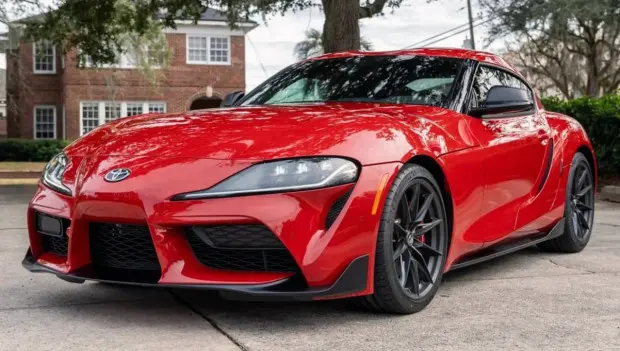
Toyota has made a significant announcement: production of its legendary Supra is coming to a close. The automaker confirmed that the famed sports car will soon leave the global stage, raising questions about what led to the decision—and what might follow.
For enthusiasts who grew up admiring Japanese performance cars, the news hits a sentimental nerve. Toyota has officially stated that the fifth-generation Supra is approaching the final chapter of its lifecycle. According to the company, the last unit will roll off the assembly line in March 2026, bringing an end to a brief yet memorable reboot of the iconic coupe.
The current A90 generation marked a major moment for the industry. Unveiled at the Detroit Auto Show in 2019, the model revived a storied nameplate that had been dormant for nearly two decades. Fans around the world had been waiting for its return, and the new Supra largely lived up to expectations with its striking design and sharp driving dynamics.
One of the defining elements of the project was Toyota’s close collaboration with BMW. The Supra shared its platform and core components with the BMW Z4 roadster—an approach that allowed Toyota to reduce development costs and fast-track the model to market. While purists debated the partnership, most reviewers and owners ultimately viewed it as a smart and effective compromise.
The car’s powertrains also came straight from Bavaria. When U.S. sales began in 2020, the Supra launched with a 3.0-liter turbocharged inline-six (BMW’s B58), quickly becoming the model’s signature. The lineup expanded a year later with a more affordable 2.0-liter turbo four-cylinder (the B48), helping broaden its appeal.
The transmission story evolved in an interesting way as well. At first, every Supra was sold exclusively with an eight-speed automatic sourced from ZF. But after persistent requests from driving enthusiasts, Toyota eventually introduced a six-speed manual—available only with the more powerful 3.0-liter engine. For purists, it became the ultimate spec and a rare modern gift in an increasingly automatic world.
Even as production winds down, there may be a silver lining. Cooper Ericksen, a senior executive at Toyota’s North American division, hinted that a successor is on the table. He confirmed that the company is evaluating options for a future sports car, though he stopped short of offering timelines or technical details. For the Supra faithful, hope is still alive.
In the end, the fifth-generation Supra’s run was short, but it left its mark. It proved that traditional sports coupes can still stir emotions in an era dominated by crossovers and electrification. Now the world waits to see what form the next chapter of this legendary name might take.
You may also be interested in the news:
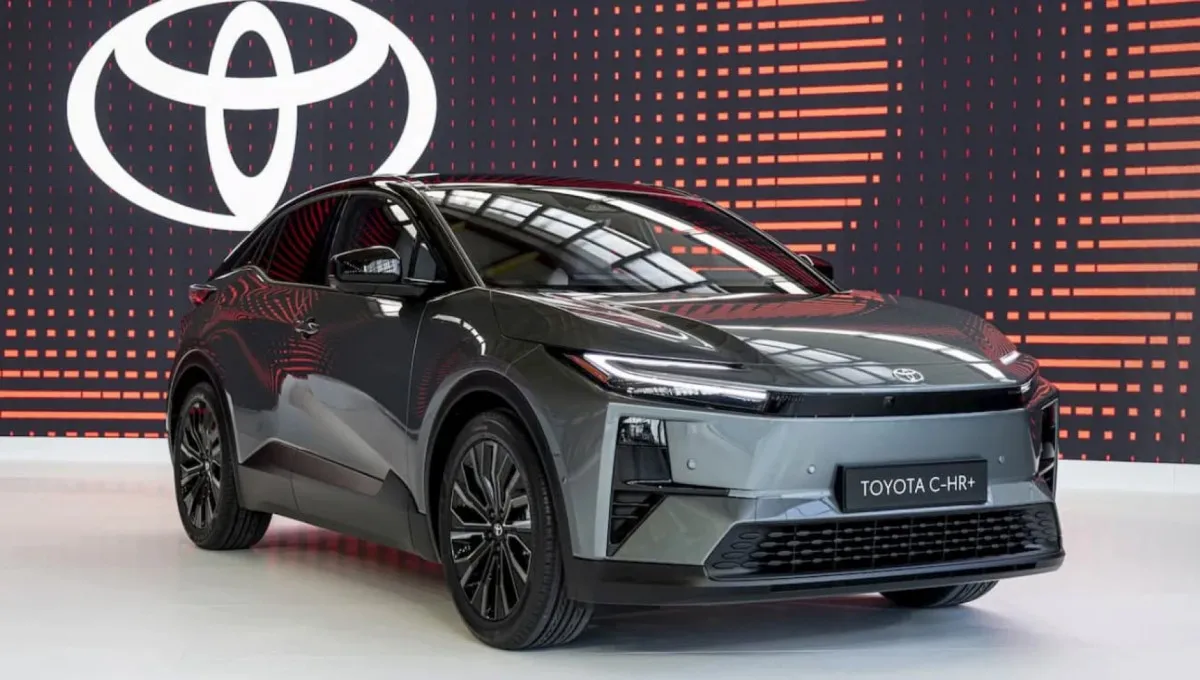
Toyota Partner Begins Construction of Solid-State Battery Plant: Electrolyte Promises 620 Miles of Range and 10-Minute Charging
For many years, Japan’s Toyota has promised to bring solid-state battery electric vehicles to market, and now that long-running story is starting to take on real shape.
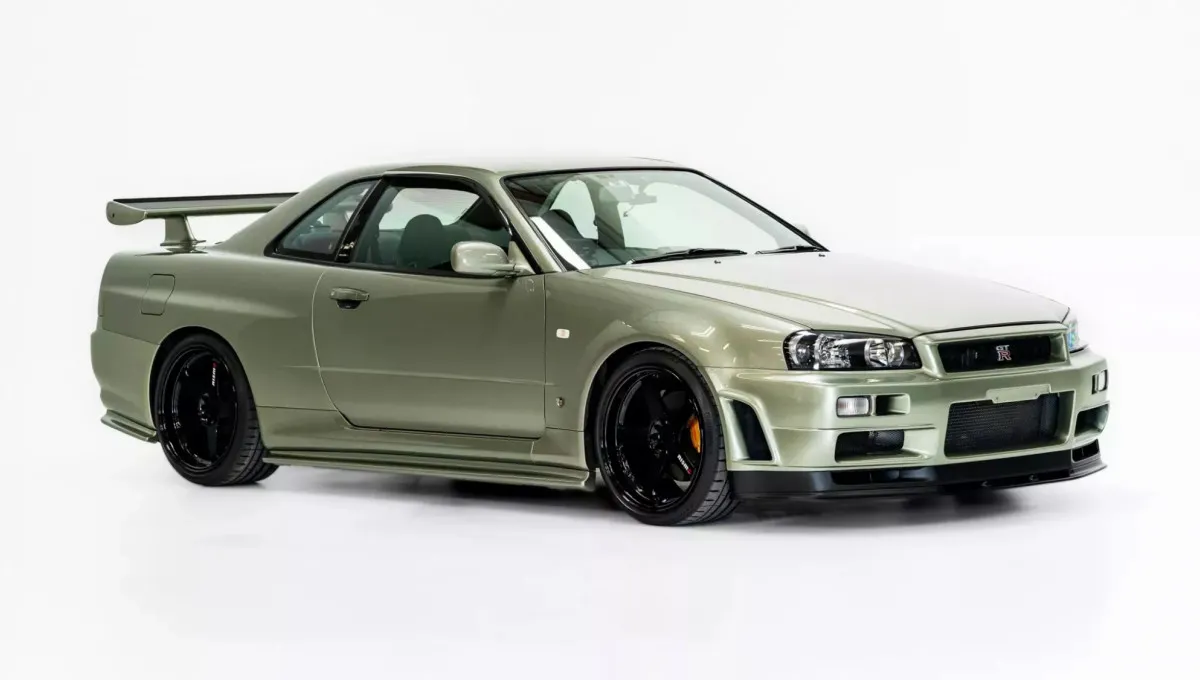
Rare Nissan Skyline GT-R M-Spec Nür Sells for $442,000 at U.S. Online Auction
Nissan built just 285 examples of the Skyline GT-R M-Spec Nür, making it one of the rarest production versions of the R34.
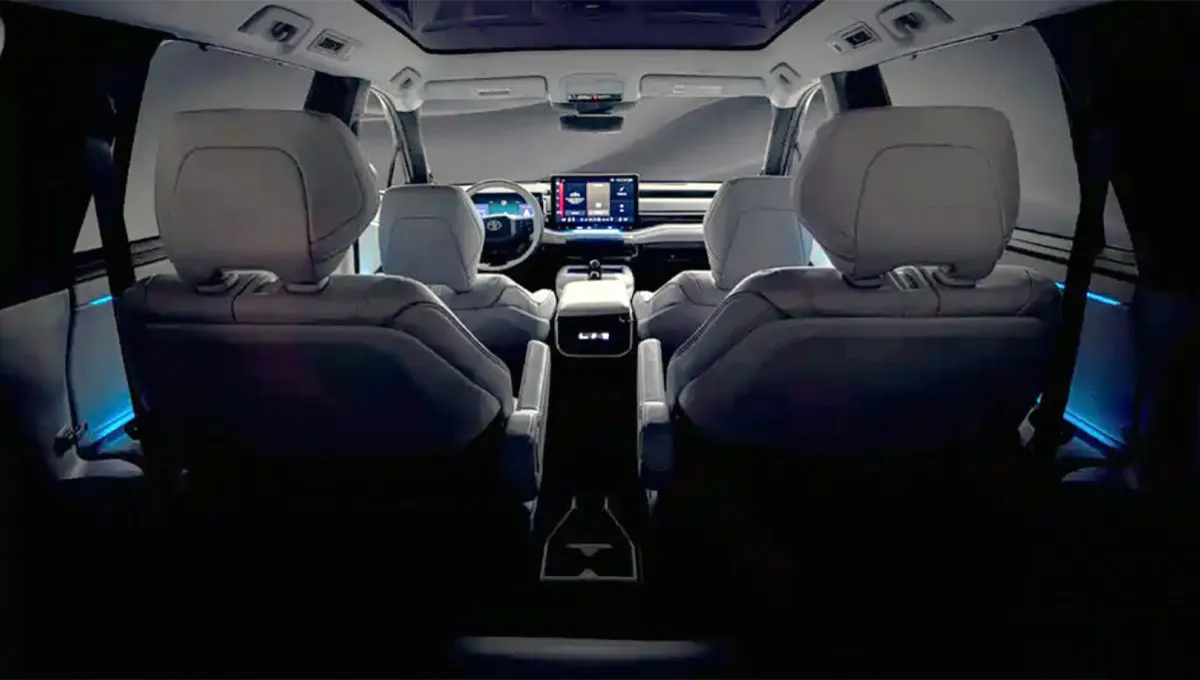
Toyota Releases First Official Photos of Its New Three-Row SUV, Confirms February 10 Debut
Toyota has finally stopped speaking in hints and made its teaser campaign far more concrete, releasing the first official images.
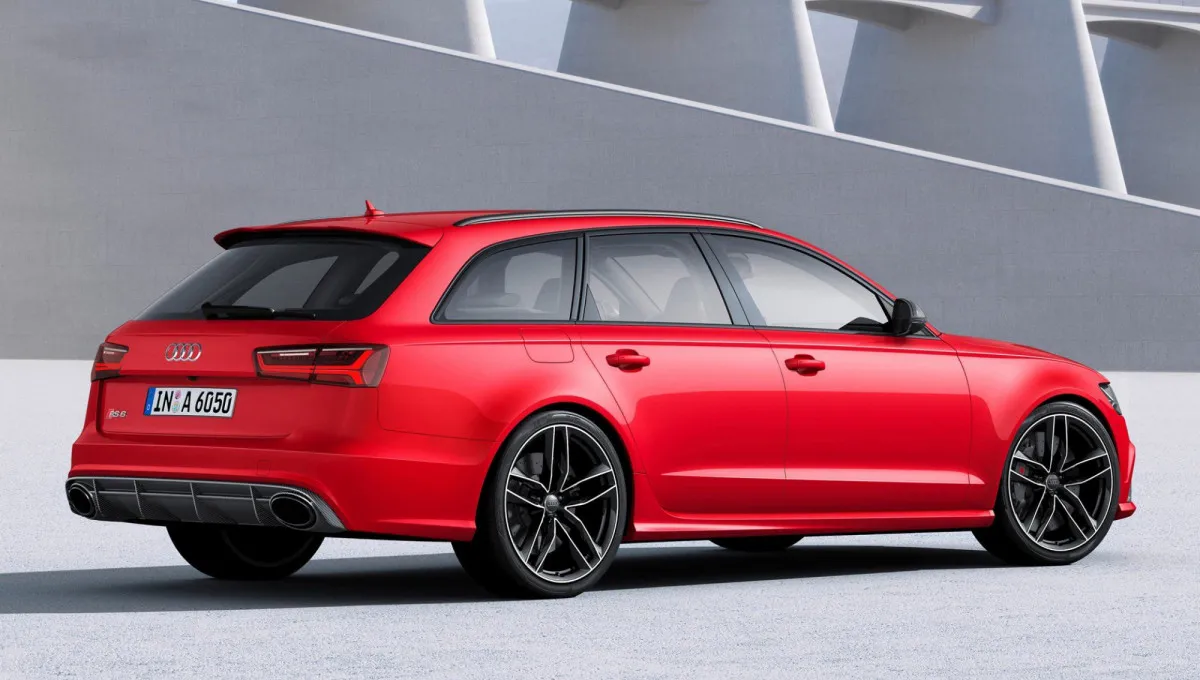
Six of the Most Beautiful Performance Wagons: Where Automotive Harmony Lives
Which performance wagons truly deserve to be called the most beautiful?
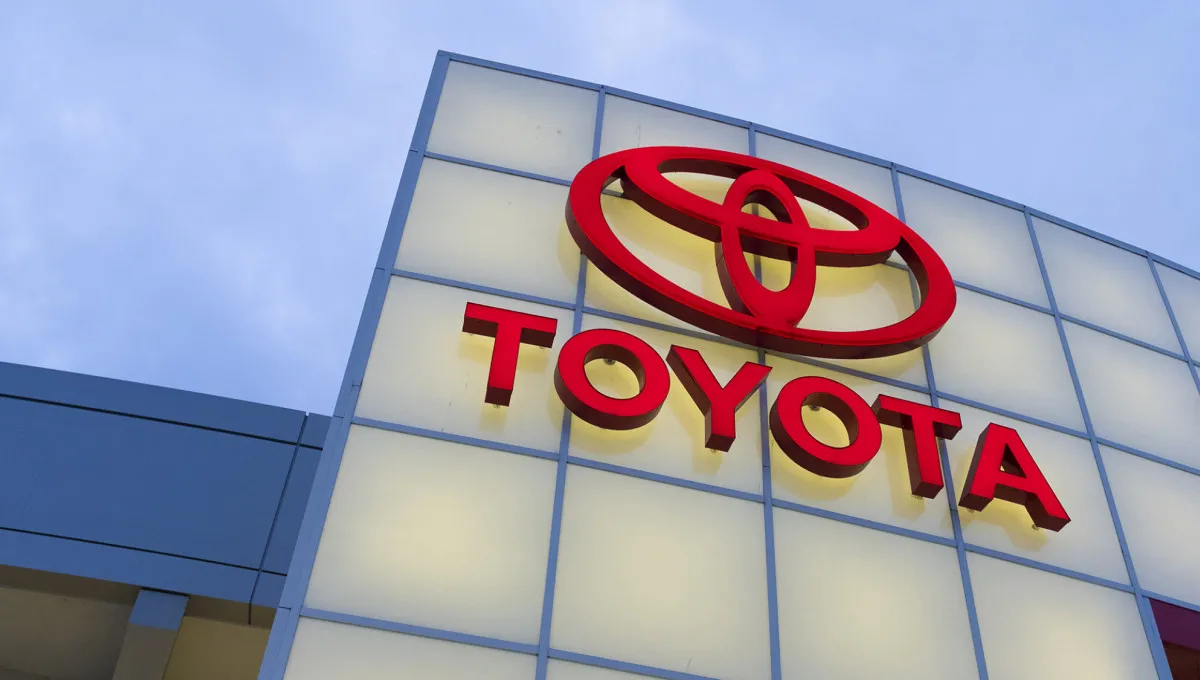
Toyota retains top auto crown in 2025 with record sales
Over the past 15 years, only three automakers have topped global vehicle sales.